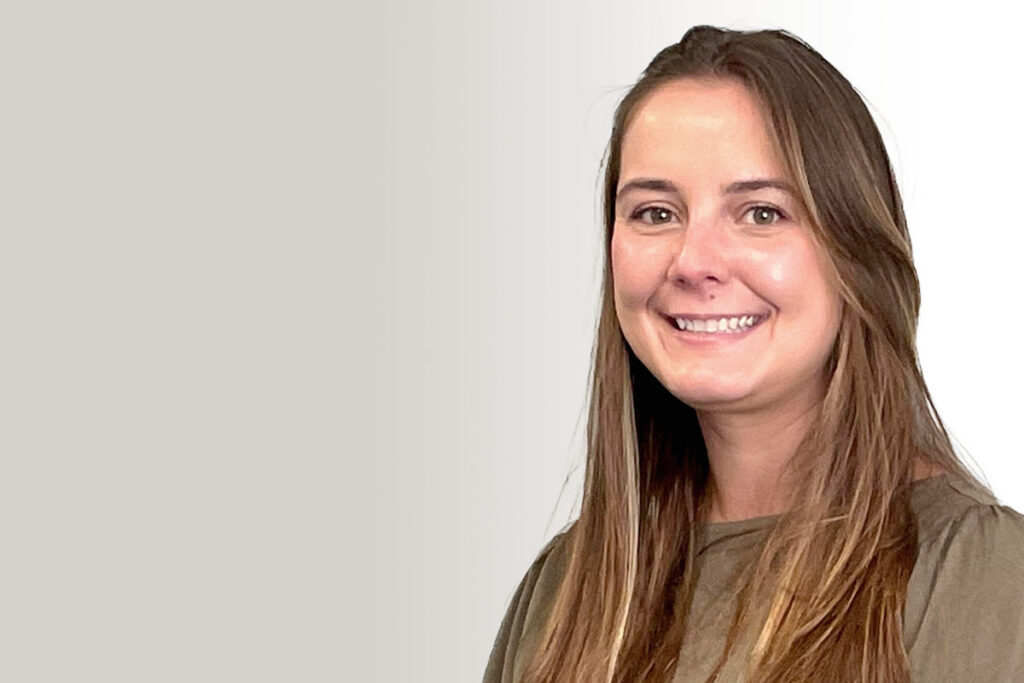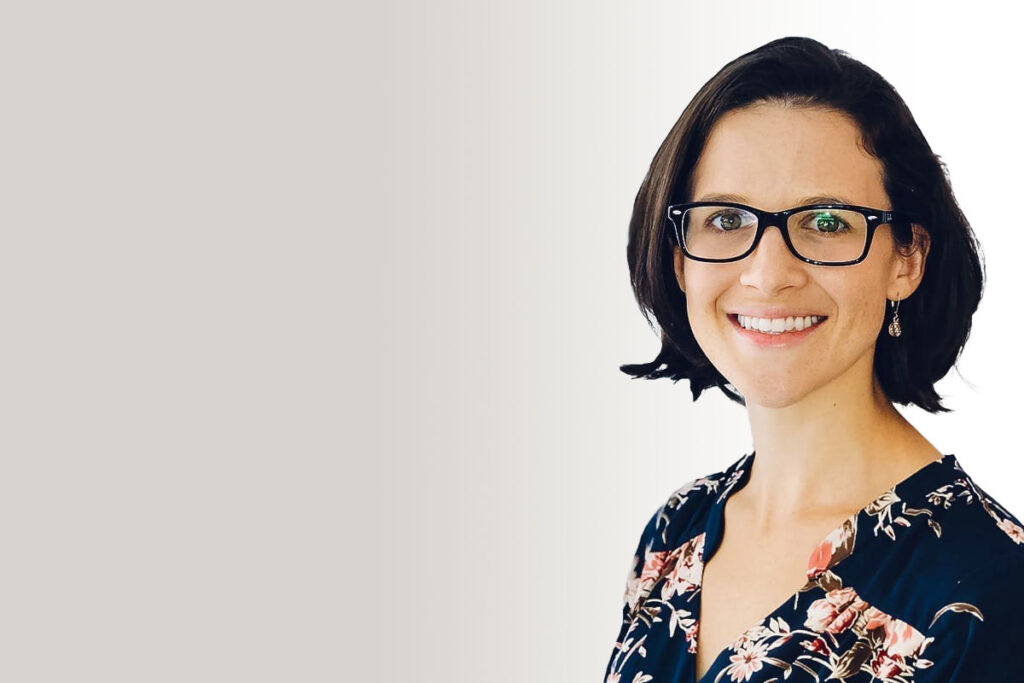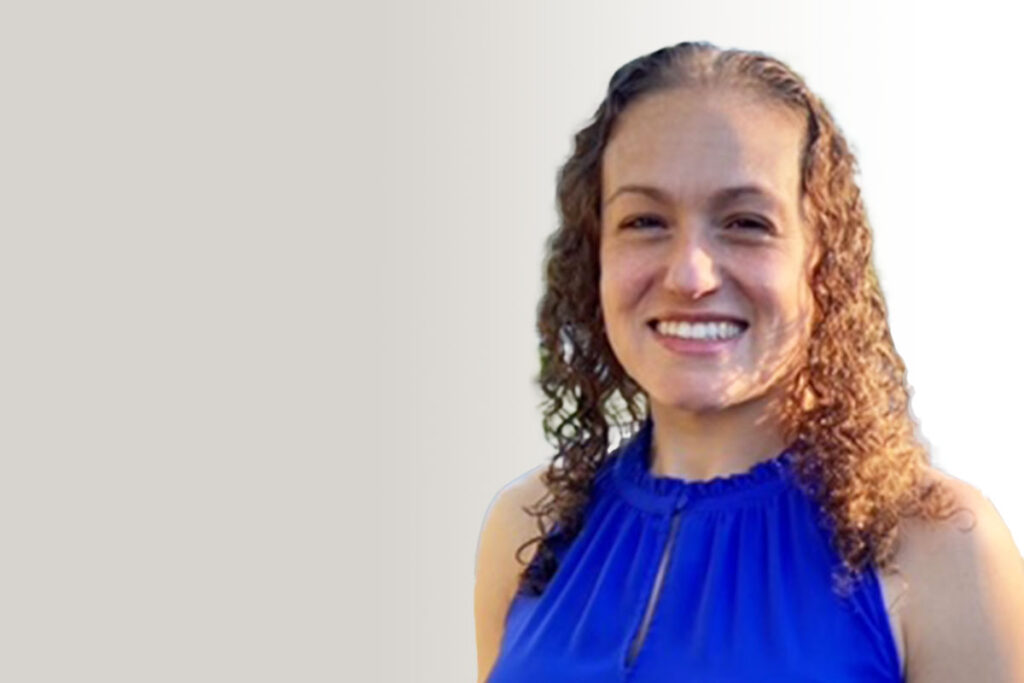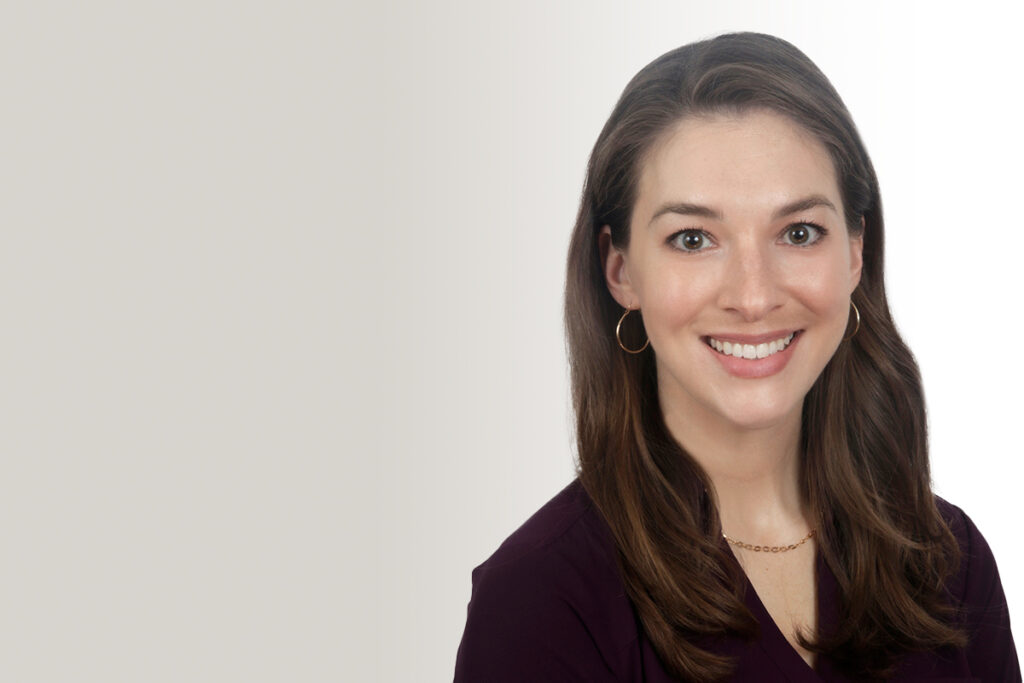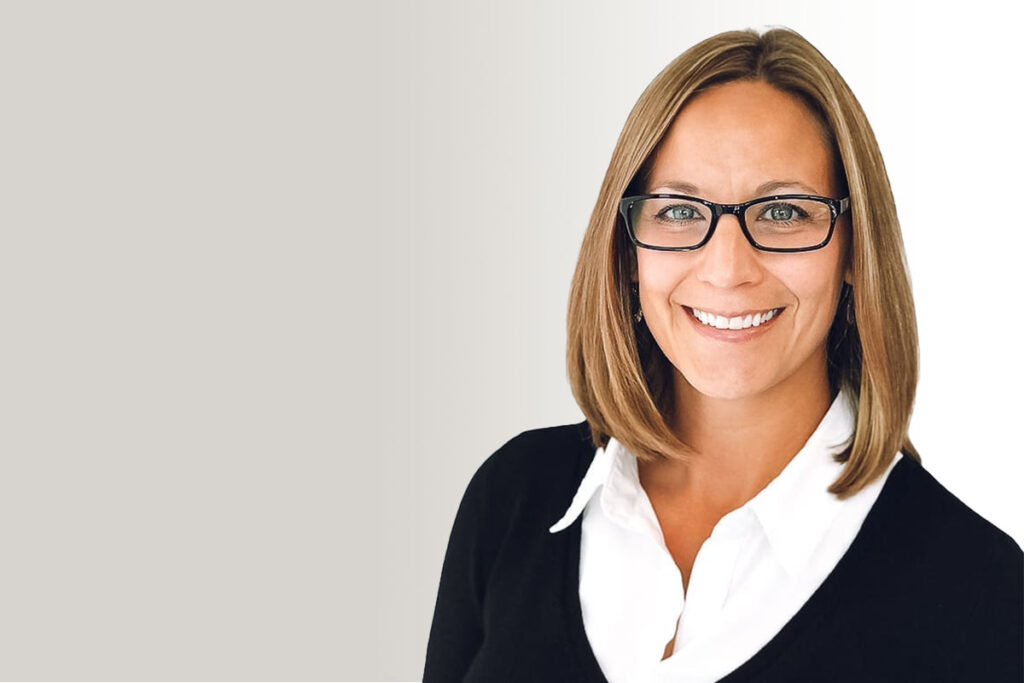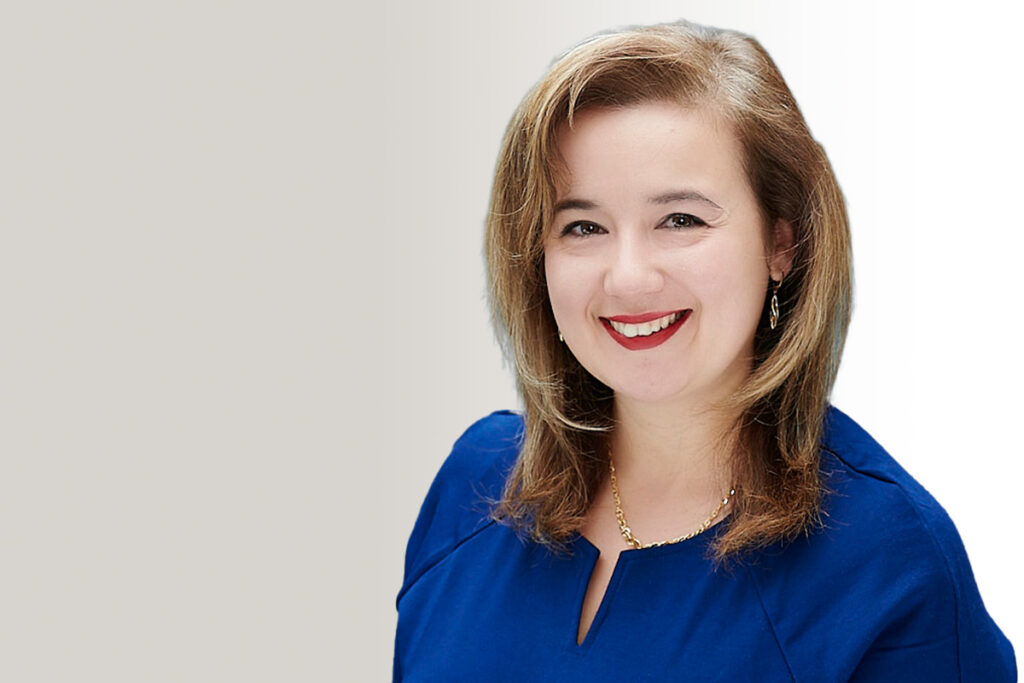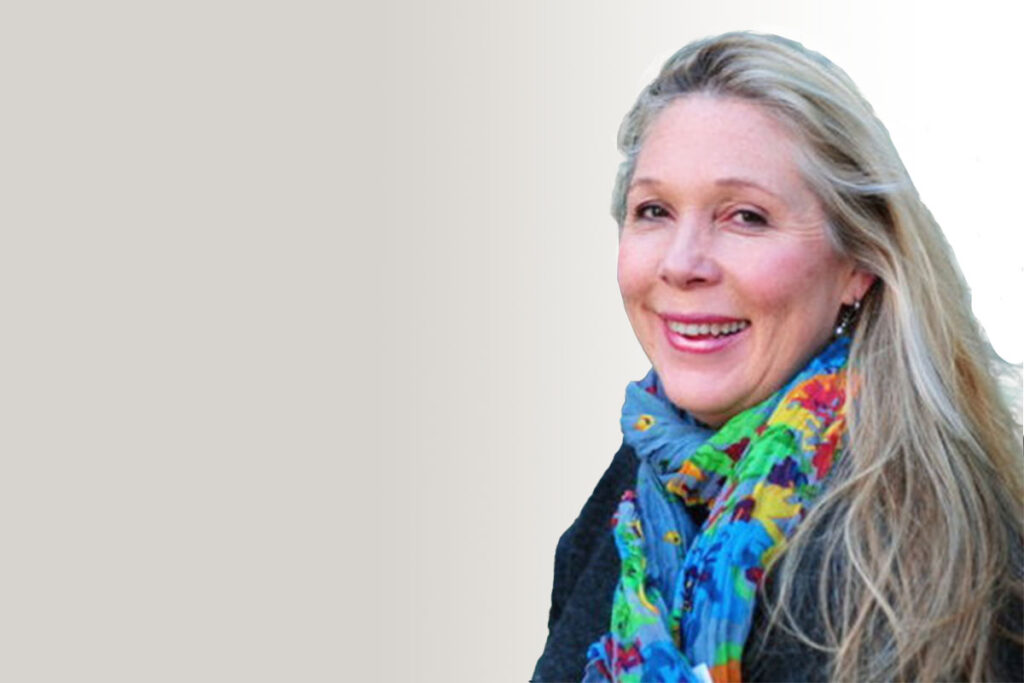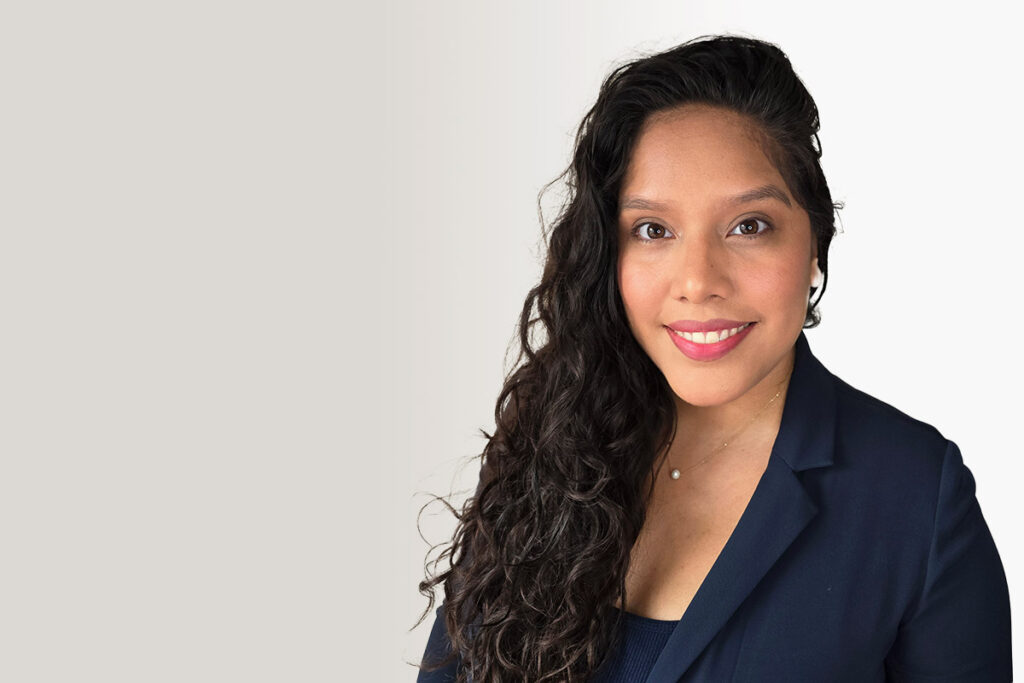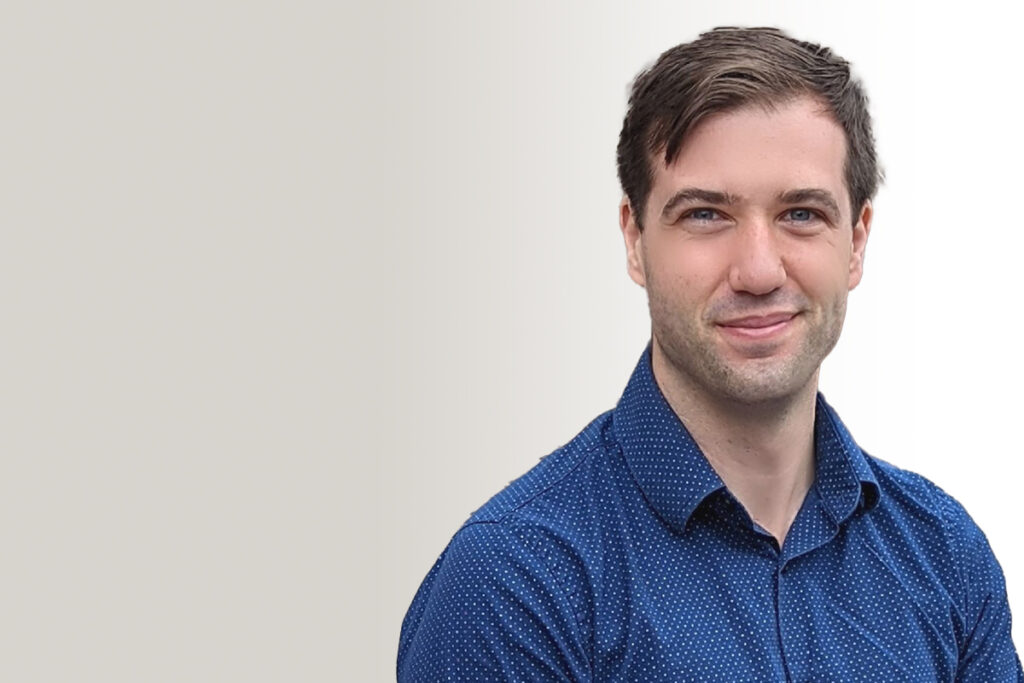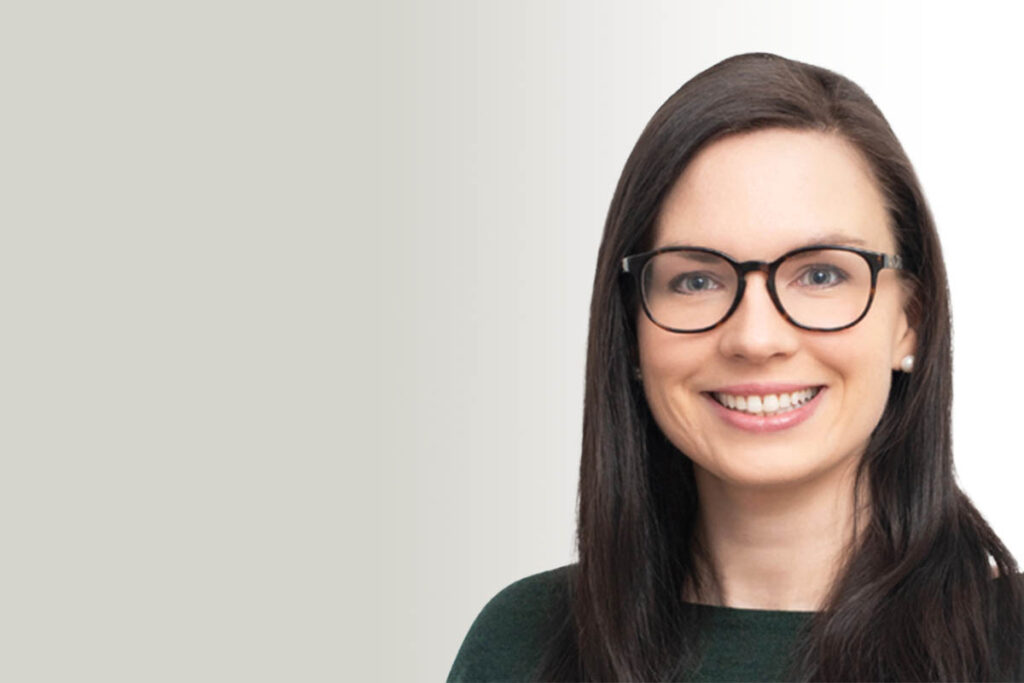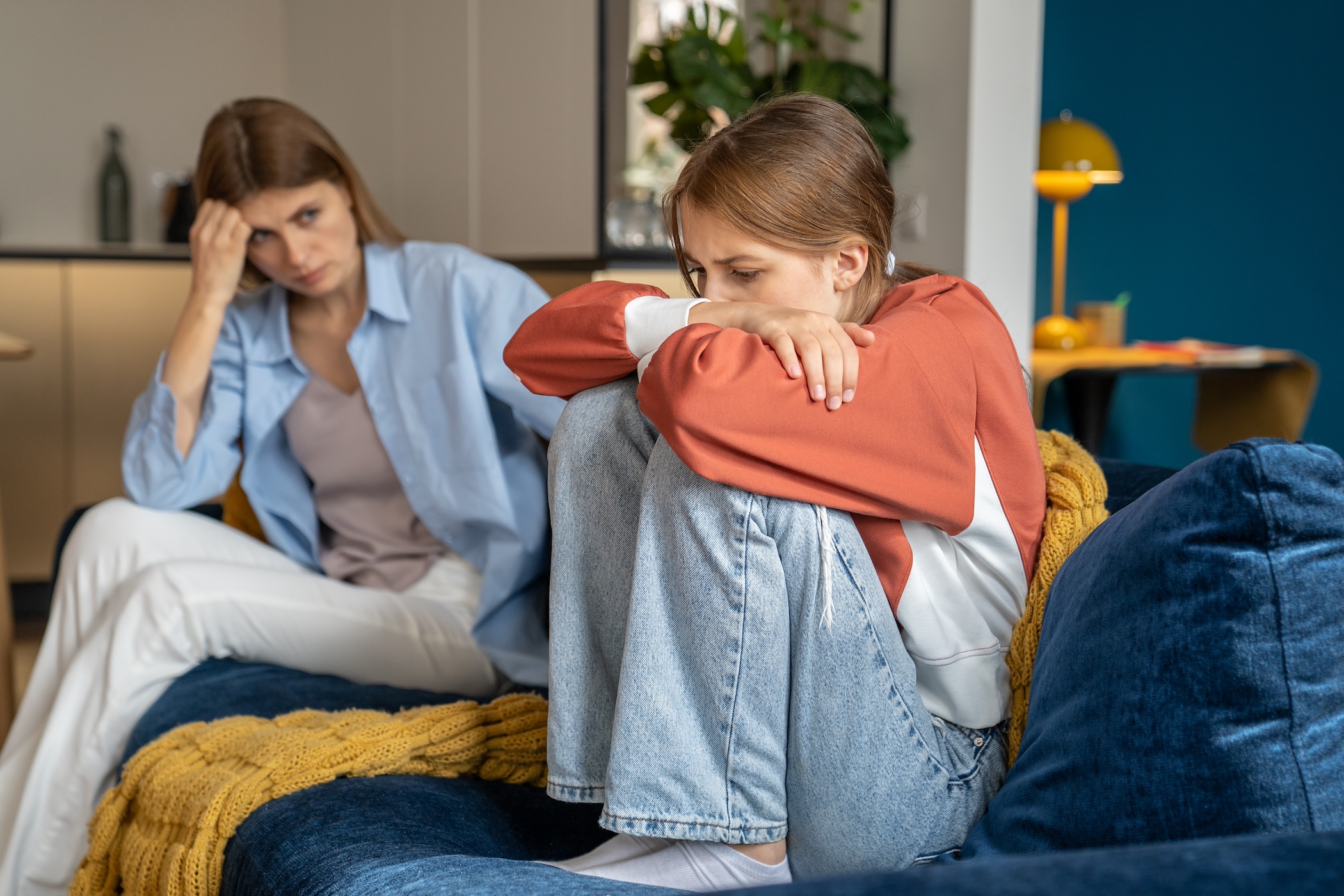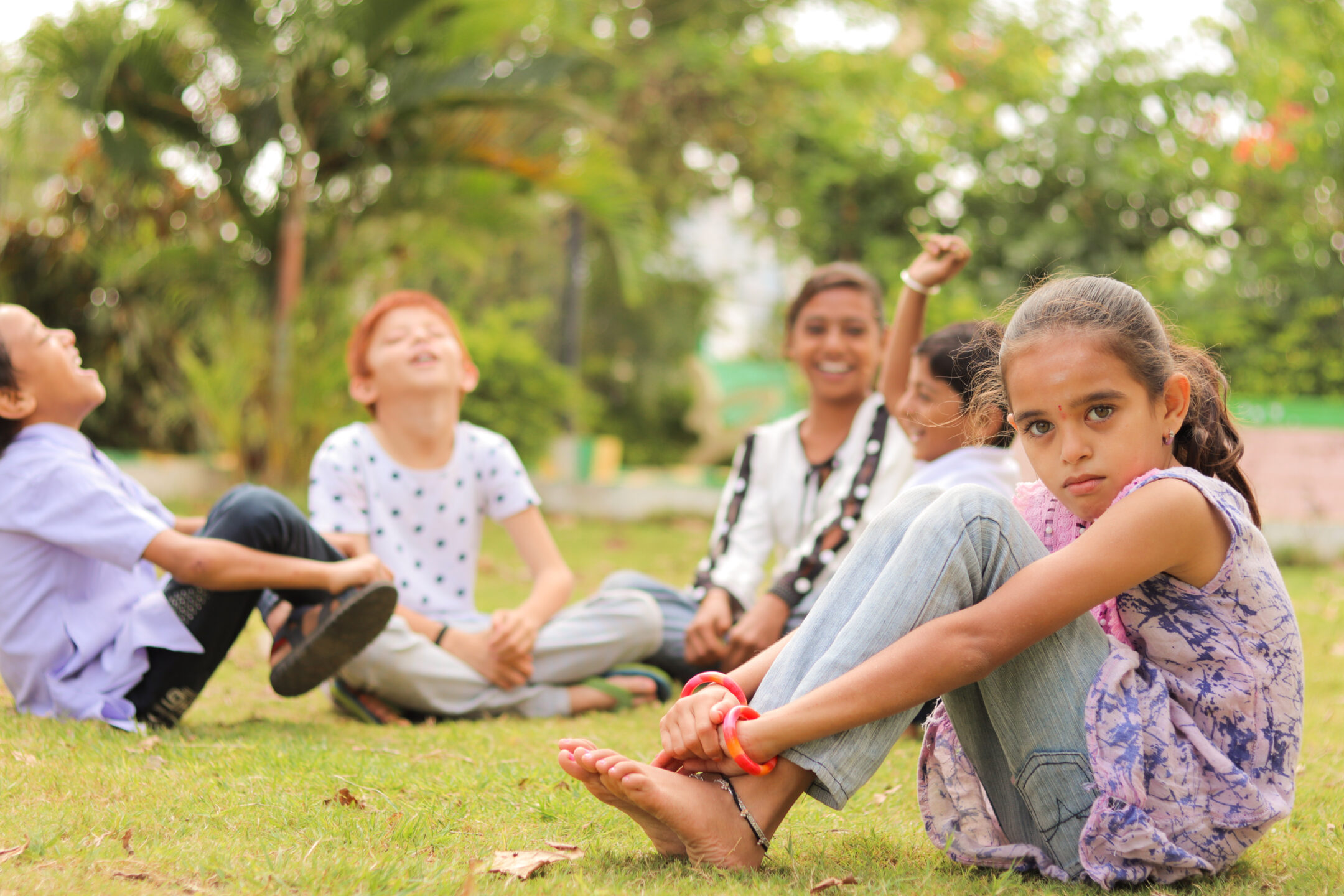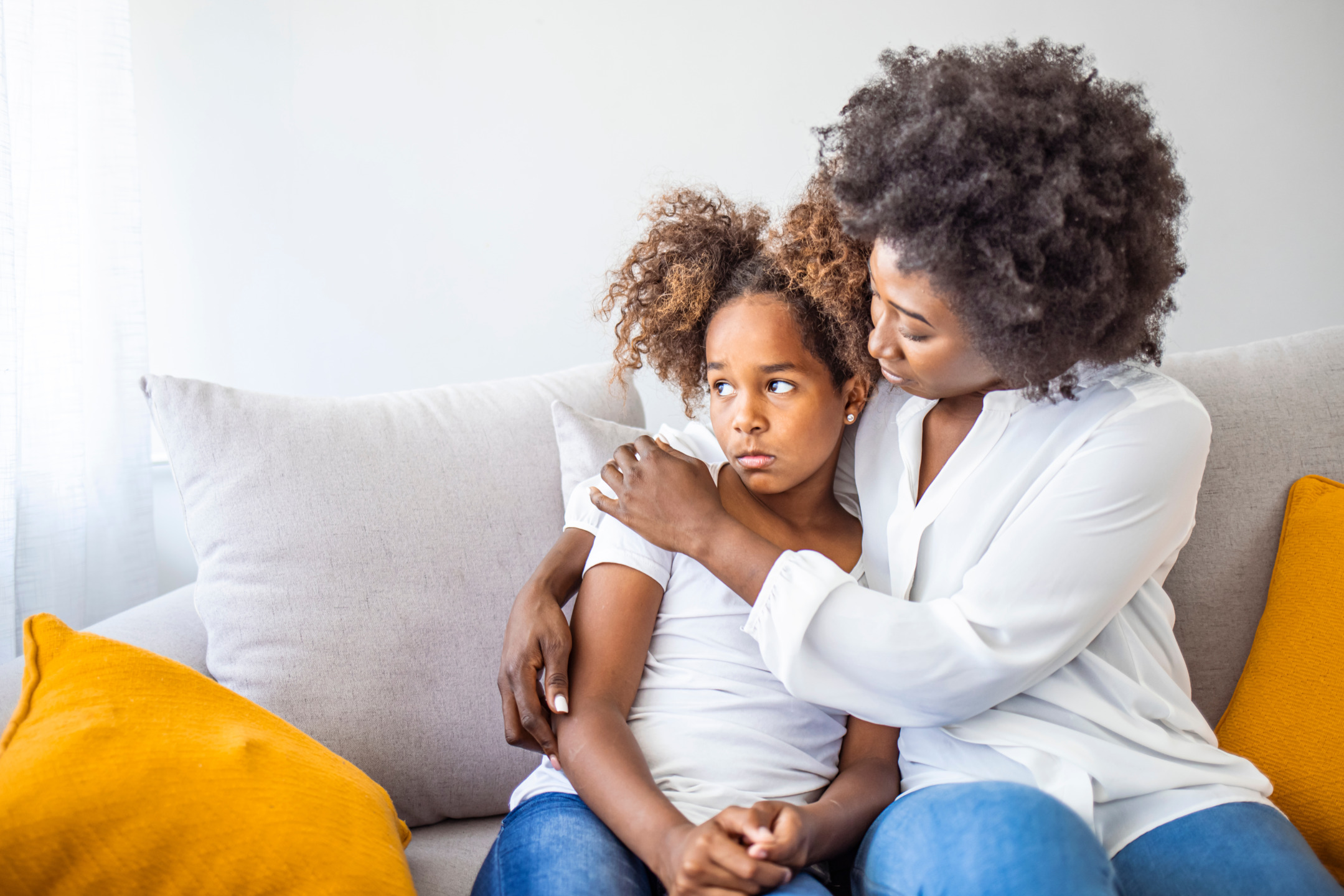Help Your Anxious Child Thrive with SPACE
A Parent-Focused Approach to Reducing Childhood Anxiety
SPACE is an evidence-based treatment program developed at Yale Child Study Center by Dr. Eli Lebowitz. Unlike traditional therapy for children, SPACE is designed for parents—giving you the tools to support your child’s anxiety in a way that fosters resilience and independence. SPACE can be effective for children, teens, and even adult children who are failing to thrive.
What is SPACE?
Many parents who have a child struggling with anxiety or OCD feel stuck in a cycle of trying to ease their child’s fears. You are not alone, and YOU can be part of the solution. The Ross Center is offering a new, parent-based treatment to address child and adolescent anxiety called SPACE: Supportive Parenting for Anxious Childhood Emotions.
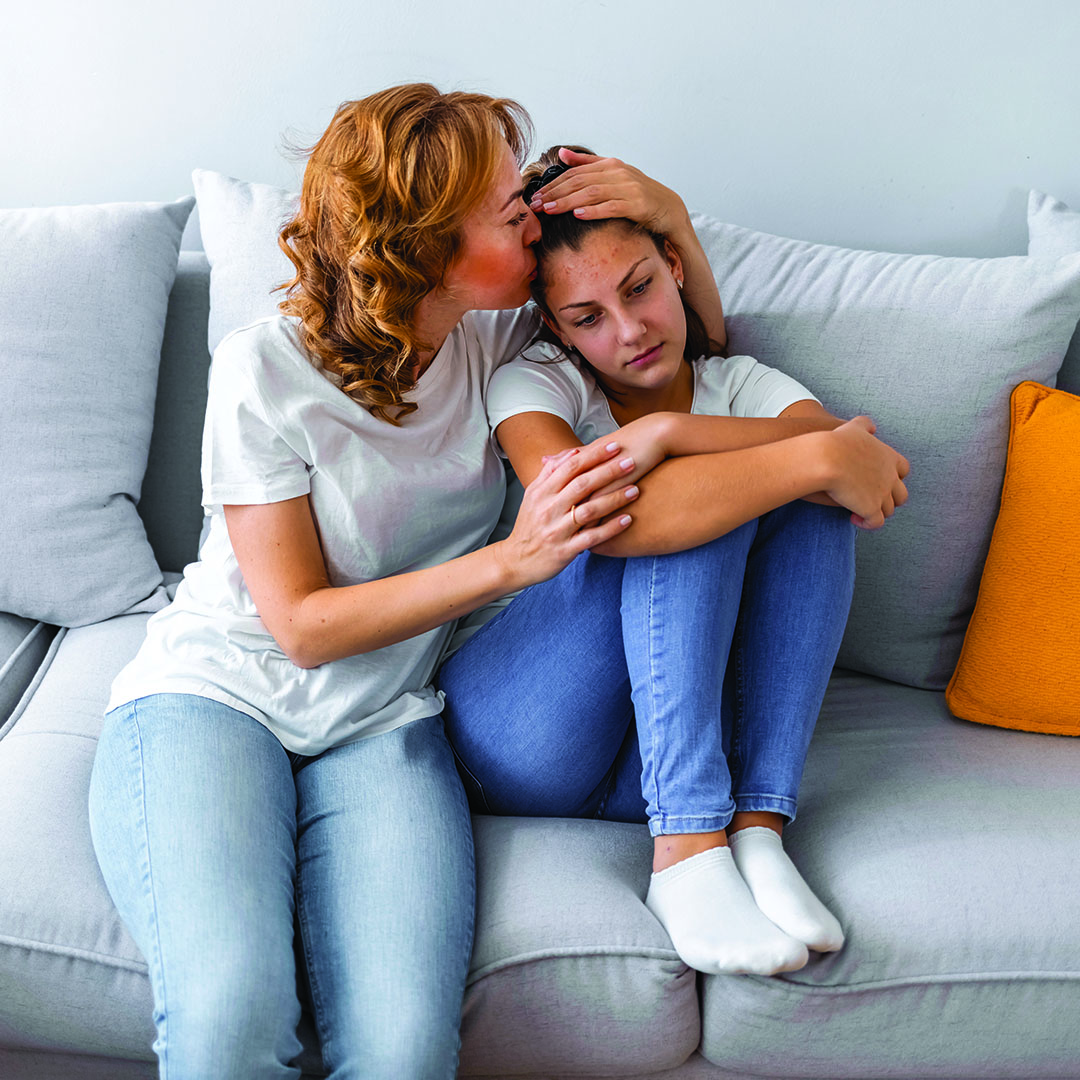
By participating in SPACE, you will:
- Feel more confident in parenting your anxious child
- Gain strategies to help your child manage anxiety
- Learn how to reduce unhelpful accommodating behaviors
- Enhance your child’s ability to cope with anxious thoughts and feelings
How Does the Program Work if Children Aren’t Involved?
Parents play a powerful role in how their child learns to handle worries and fears. In SPACE, you’ll learn new ways to respond to your child’s anxiety that are designed to help reduce it over time. Often, couples who participate in the program learn techniques that “get them on the same page”, so their child is hearing consistent messages from both parents.
How does SPACE work?
Many parents naturally adjust their behaviors to reduce their child’s anxiety, such as staying with them until they fall asleep, speaking on their behalf, or avoiding situations that trigger worry like going to a birthday party or the zoo. While these accommodations may help in the short term, they can reinforce anxiety over time. SPACE trains parents to calmly accept a child’s distress, all while avoiding reactions that exacerbate symptoms.
Through SPACE, you’ll learn how to replace accommodations with supportive responses that encourage your child to manage their fears more effectively. Instead of helping your child avoid anxiety-provoking situations, you can respond in a way that encourages confronting their fears. We’ll focus on the underlying facets that may be leading your child to experience worry and anxiety, and you’ll recognize the important role you play in supporting your child through these experiences.

Is SPACE right For You?
SPACE has been proven effective for children, teens, and young adult children experiencing a variety of anxiety disorders. SPACE is also helpful for parents of children without a diagnosable “disorder”, or for kids with chronic worries and fears. For these families, SPACE offers parents the tools to help prevent anxiety issues from becoming bigger concerns as the child gets older.
SPACE can be beneficial for children struggling with:
- Separation anxiety
- Social anxiety
- Fears and Phobias
- Panic disorder or agoraphobia
- Selective mutism
- Obsessive-compulsive disorder (OCD)
- Generalized anxiety
- Sleep-related anxiety (trouble sleeping alone or nighttime fears)
- Chronic worries
How To Get Started
SPACE is offered in Two Formats: Small Group Sessions or Individual Therapy:
SPACE Group Program
- Structured 7-week program
- Join in a group with parents of similarly aged children in a supportive environment
- Learn practical strategies and share experiences
- Normalize the challenges of raising an anxious child
SPACE groups are open to residents of Virginia, Maryland, New York, Washington, DC, and any of the 43 states where Psypact has been enacted. Click Here to see whether your state is included in the list of eligible states.
Click Here to Learn More or Register for SPACE GROUP THERAPY
One-on-One SPACE Therapy
- Personalized support tailored to your child’s specific anxiety challenges
- Ideal for families with complex needs or scheduling constraints
- Helpful for those who have completed the SPACE group and want additional guidance
- Individual therapy sessions scheduled with a SPACE-trained Ross Center clinician
Call 703-687-6610 or email us at [email protected] to schedule an individual parent session.
We Can Help
Contact Us to Schedule an Appointment or Learn More about SPACE
Trusted for over 30 Years

